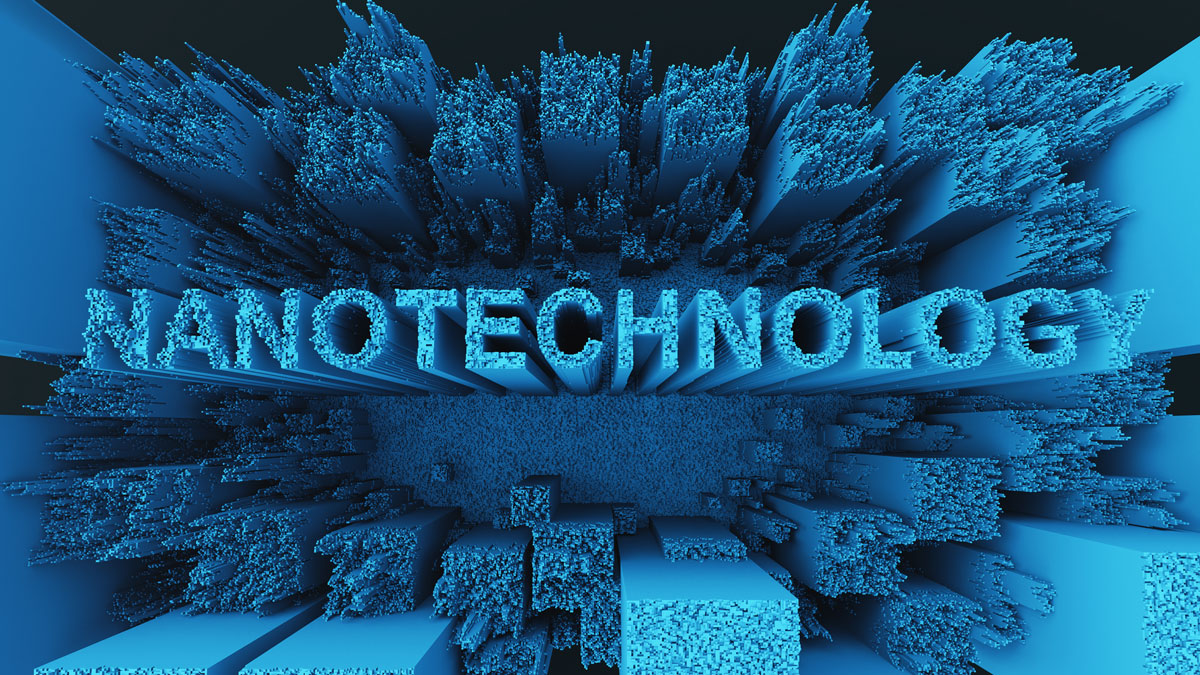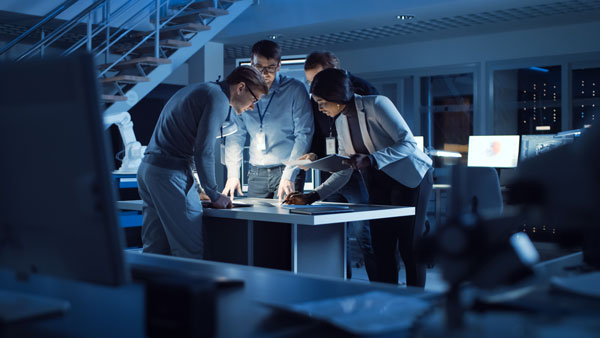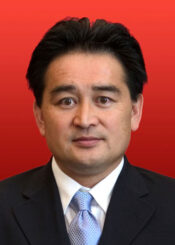
NTC Young Professionals Reception held at NMDC 2023
NTC Young Professionals Reception held at NMDC 2023
During IEEE NMDC 2023 Conference, a reception was hosted for the Young Professionals (YPs) and students which a unique gateway to the world of nanotechnology and materials science. Organized by the IEEE Nanotechnology Council (NTC), a unique Social and Networking event allowed YPs to connect, in a relaxed atmosphere, with leading experts and senior scientists, while expanding their professional network, exploring career prospects, and gaining valuable insights into IEEE and NTC. NMDC 2023 was a remarkable opportunity for YPs and students to enhance their careers, broaden their horizons, and experience the vibrant IEEE community firsthand.







